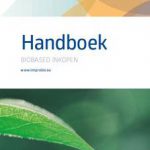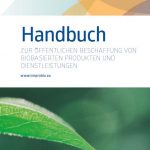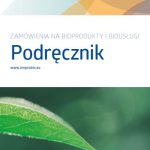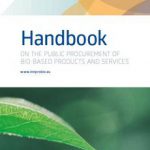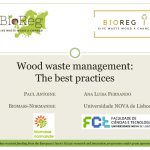RUBIZMO – Replicable business models for modern rural economies – Virtual Library
RUBIZMO will identify innovative business models with a significant potential to support modernisation and sustainable growth in rural economies, and relevant to the food sector, bio-based value chains and ecosystem services. Business models with the potential to contribute to the modernisation and sustainable growth of rural economies will be selected, packaged and classified according to their nature, comprising technologies, services, business support structures, financing mechanisms, etc.
The work in RUBIZMO will result in the series of practical, user-oriented tools.
The Virtual Library gathers a collection of inspiring rural business ideas from across Europe, to inspire and inform potential entrepreneurs about business opportunities. Each business idea is presented to better understand its background and success factors and to gather some tips from business owners to replicate success. Sectors covered present promising opportunities for rural economies: food, bio-based value chains, and ecosystem services.
Beta version: https://rubizmo.eu/business/virtual-library


